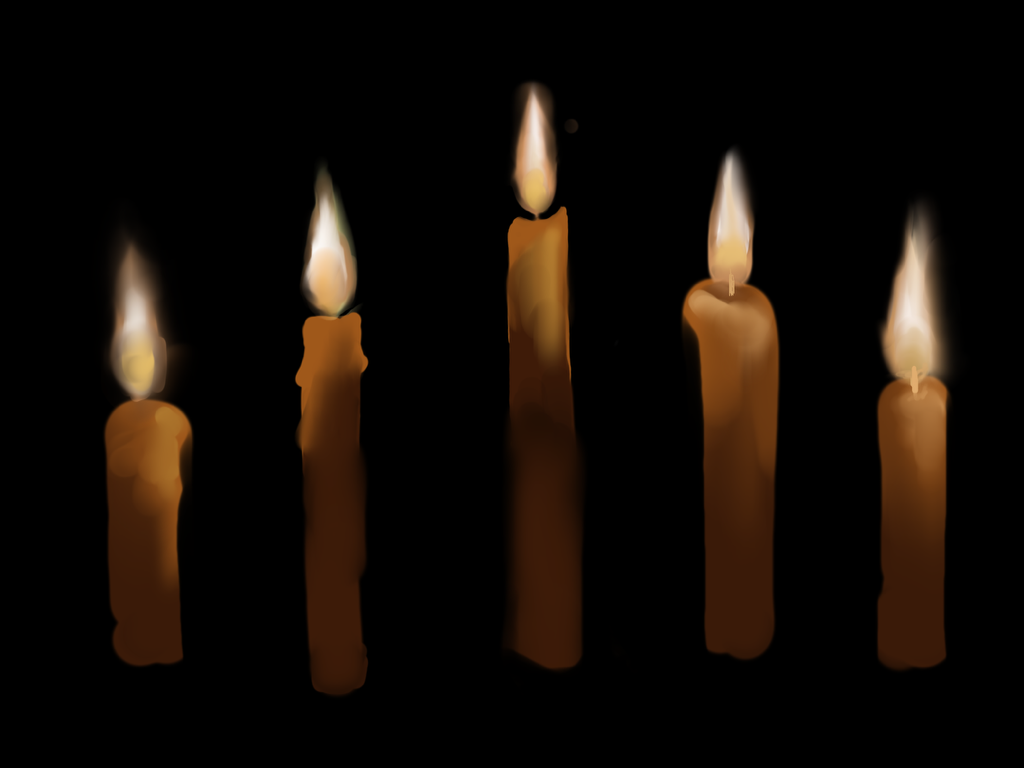
By Annelie Hang ’25
On October 13, the Choate community gathered inside the Seymour St. John Chapel to call for peace amidst recent events in the Middle East. Choate Spiritual Life and the Department of Equity and Inclusion held the silent vigil to acknowledge those affected by the ongoing Israeli-Palestinian conflict, which escalated into war earlier that month.
Since its founding, the School has held vigils for the community after significant world events, such as 9/11. These gatherings are designed for community members, whether personally affected by these events or not, to stand in solidarity with those who are struggling.
The vigil, open to anyone at Choate, was a chance to honor, mourn, and grieve the lives of the innocent. A few of the words shared from faculty and teachers included Rabbi Barabara Paris who read a hebrew prayer for peace, Reverend Aaron Rathbun who read a prayer for peace from The Book of Common Prayer, and Mr. Benzinane who read a peaceful prayer from the Qur’an, and Mr. James Davidson who read words of peace from a famous Buddhist scholar.
According to Rev. Rathbun, the chaplains, which included himself, Rabbi Barabara, and Chaplain Matt Collins, “collaborated together on different prayers and scriptures from [their] respective traditions that speak in one voice in the midst of [their] diversity.”
In between passages, the attendees were invited to participate in moments of silence and self-reflection. Participants were encouraged to use this time in any way that would benefit their healing process the most. Many stayed in the Chapel long after the vigil had ended, praying and worshiping.
The theme for this vigil was “Wish for Peace and Protection of the Innocent” which leaders of the vigil hoped would help students find unity within the Choate community. “Despite our different backgrounds and religions, there were so many shared overlapping themes of unity and peace,” said Reverend Rathbun.
Mr. Davidson, one of the organizers of the event, hoped that the 45 students and faculty who attended the vigil would find “peace in numbers.” He said, “Not that having a silent vigil changes anything directly in the Middle East, but it might be able to change the hearts and minds of some community members.”
There was support for all religious and student-life groups who have been affected by the tragedies. “People could feel that there was a safe sanctuary for them to feel what they felt. That was probably the biggest takeaway.” Mr. Davidson said.
According to Rev. Aaron, “This was a great opportunity to see the strength and solidarity that comes from diversity, and how even amidst differences from one another, these things can mutually reinforce us and unite us together.”
Tav Assaf ’24, a cabinet member of Hillel who attended the vigil, agreed with Rev. Aaron’s sentiments, saying, “It was a powerful moment to bring students of different faiths together in a moment of hardship, I think it’s important for people to unite and stand strong together.”




